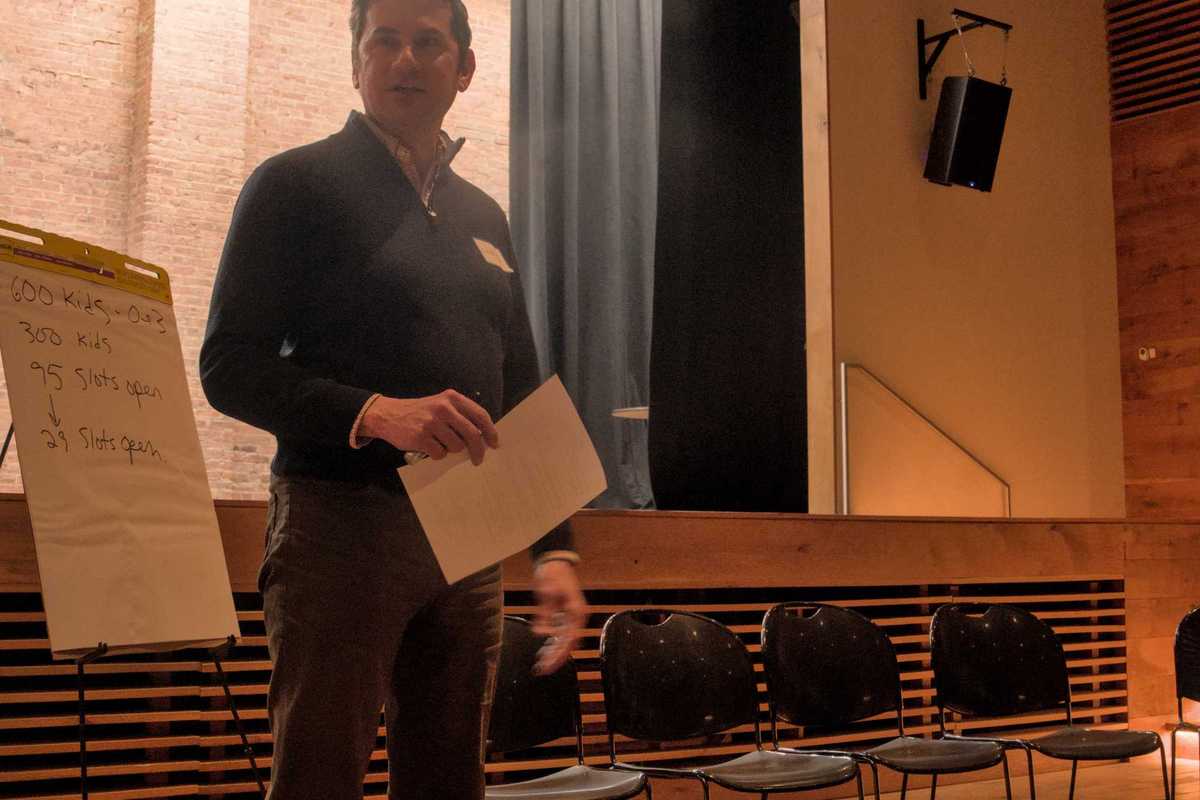Pollination occurs when pollen from the flower’s anther (male part) is deposited on the pistil (female part) of another flower. The pollen travels down to the ovules and fertilizes them, producing fruits, vegetables, nuts and seeds. Bees and other pollinators are key to this process by depositing pollen attached to their “hairy” bodies onto the pistil of other flowers. Native bees are the most effective of all the pollinators. There are 4,000 native bee species. They pollinate 80% of the flowering plants.
Bees descended from wasps, most of which are carnivores, eating other insects and spiders. When the first flowering plants evolved about 125 million years ago, wasps began to harvest pollen, very high in protein, from these flowers. After all, this was a much easier process than fighting with another insect/spider for their sustenance. The wasps needed adaptations to gather the pollen so they developed into bees.
Most native bees are solitary, meaning they do not live in colonies. The exception is the bumble bee, which is social. The queen builds a nest, collects food and lays eggs. The female workers feed and care for the young. The process is cyclical and begins anew in the spring when queen bees mate. Other native bees are solitary, building their nests underground, or in holes in wood or hollow stems. Females of solitary bees deposit a mixture of pollen, nectar and saliva in a single cell or hole, lay an egg and seal up the hole. This is called “mass provisioning” and is all the larva will need to become an adult.
Thanks to Bee Basics for the information.
Mary Lynn Kalogeras lives in the town of North East -— in Dutchess County’s beautiful “chimney.” Her connection to nature began in childhood when she roamed the fields and woods behind her home.



 Local parents, child care providers and nonprofit representatives outline the challenges they face in accessing and providing childcare in rural northeast Dutchess County during a forum at the Stissing Center in Pine Plains on Wednesday, Feb. 25. Photo by Nathan Miller
Local parents, child care providers and nonprofit representatives outline the challenges they face in accessing and providing childcare in rural northeast Dutchess County during a forum at the Stissing Center in Pine Plains on Wednesday, Feb. 25. Photo by Nathan Miller 

 lakevillejournal.com
lakevillejournal.com 






 Visitors consider Norman Rockwell’s paintings on Civil Rights for Look Magazine, “New Kids in the Neighborhood” (1967) and “The Problem We All Live With” (1963.) L. Tomaino
Visitors consider Norman Rockwell’s paintings on Civil Rights for Look Magazine, “New Kids in the Neighborhood” (1967) and “The Problem We All Live With” (1963.) L. Tomaino






Where bees come from and where they live